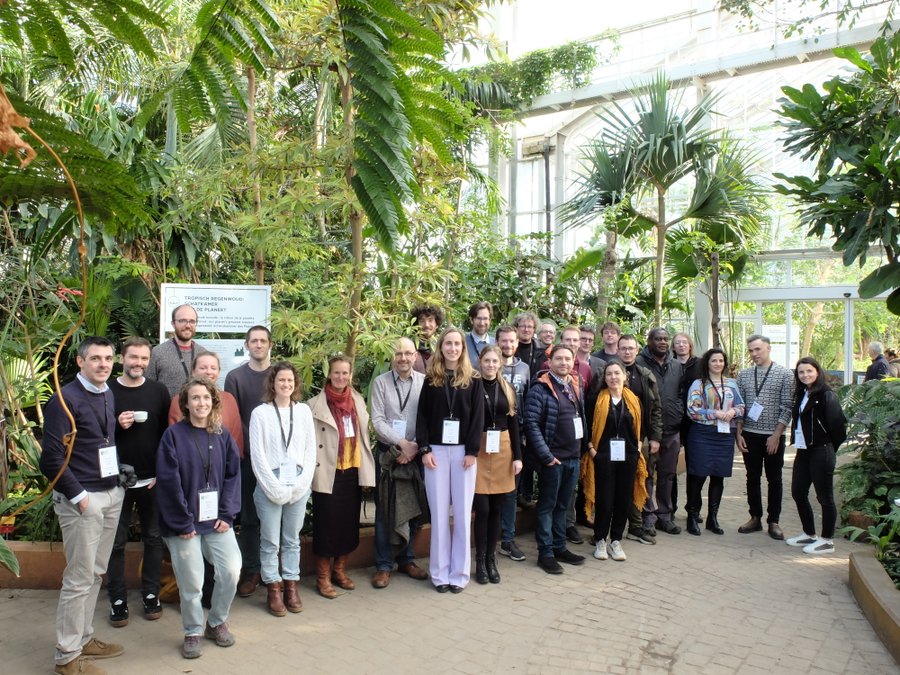Our researcher Heliana Teixeira (CESAM/DBIO) is the coordinator for the University of Aveiro (UA) in the newly funded Horizon Europe project, B-Cubed, which will transform biodiversity monitoring to ensure that policymakers can proactively address the impacts of biodiversity changes.
According to EurekAlert:
The magnitude and dynamics of the global biodiversity crisis are challenging to quantify and require fast, reliable, and repeatable biodiversity monitoring data that policymakers can use to assess their policy options. This information – from local to global levels and within policy-relevant timeframes – requires better integration of biodiversity data from various sources such as museums, herbaria, remote sensing, citizen scientists, and researchers.
The B-Cubed project (Biodiversity Building Blocks for policy) – launched in March 2023 – will address this challenge by transitioning biodiversity monitoring from a disconnected and laborious activity to an agile and responsive process tailored to the needs of decision-makers. The project consortium consists of 13 partner organizations from 10 countries and is coordinated by the Meise Botanic Garden.
B-Cubed will closely collaborate with existing European and international biodiversity initiatives to identify and address policy needs. It will leverage the concept of data cubes to standardize access to biodiversity data using the Essential Biodiversity Variables framework. Alongside other data and environmental scenarios, these cubes will serve as the basis for models and indicators of past, current, and future biodiversity. These cutting-edge prediction models will be accessible to users in real-time and on-demand in a cloud computing environment, providing accurate, reliable, and understandable information about biodiversity status and change.
The project will ensure that its results can be cloned, reused, and updated, creating automated workflows – an example for modeling that uses biodiversity data cubes and calculating change indicators. To ensure that its tools meet user needs and effectively capture relevant policy aspects of biodiversity change, B-Cubed will include four case studies. These will cover different sites varying in geographical extent, biodiversity richness, and data availability.
The project launched its activities with an initial meeting in Brussels on March 13th and 14th, 2023.
“This is a really exciting opportunity to use methods, data, and infrastructure and combine them in a way that truly helps to address the biodiversity crisis.” – Dr. Quentin Groom (Meise Botanic Garden), B-Cubed coordinator.
Source: New EU project will standardise access to bio | EurekAlert!
